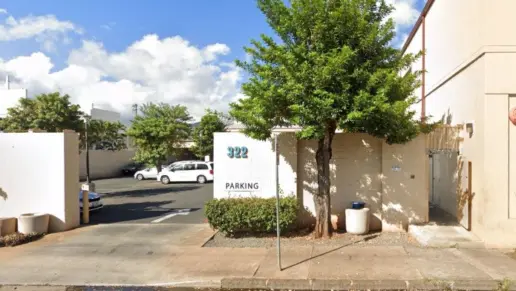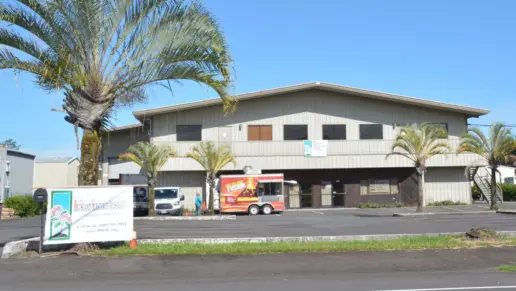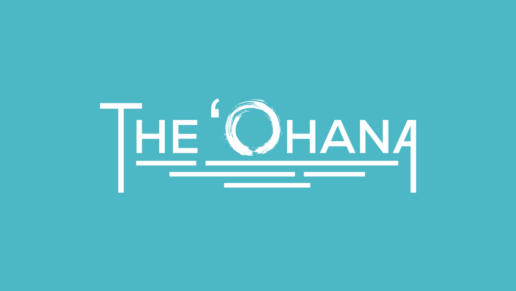About Aloha House – Outpatient Services
Aloha House Outpatient Services is an addiction treatment and mental health center located in Wailuku, Hawaii. They offer medically supervised detox, residential treatment and intensive outpatient programs (IOP). Clients may have an option after treatment to live in their sober living housing community. All adults living in Maui County are welcome.
There’s no need to worry about treatment costs. They work with most major insurance plans to cover treatment. Clients who don’t have insurance coverage may qualify for free treatment. The admissions team will help you figure out how to pay for treatment.
One thing most clients notice from the start is the warmth and understanding they find when they enter treatment. If you need to begin your recovery journey by getting help with detox you’ll have a team of caring people by your side 24/7. They provide detox medications if needed. The focus during detox is to let your body and your mind rest.
Residential treatment offers a safe, welcoming space where you can focus entirely on your recovery. Each person is treated as an individual, and staff use proven methods to help tackle substance use and dual diagnosis mental health challenges.
During residential treatment you’ll join in on group sessions tailored for men or women. You’ll also have individual counseling and life skills classes. Another part of residential treatment is participating in 12 Step meetings.
Once you’re ready to transition to the outpatient treatment program you’ll have individual and group counseling sessions. Outpatient treatment happens both in person and through telehealth.
Transitional housing is available for those who qualify. This provides a supportive community of peers focused on recovery. It’s a great way to regain independence while staying connected to a strong sober support network.
No matter which program you’re in, your care team is all about getting to know you and figuring out what works best for your recovery. Many people who’ve received treatment at Aloha House appreciate how the staff genuinely invested in their well being and growth. The caring environment made a real difference in the recovery journey. If you’re looking for a place that values connection and compassion then Aloha House might be a great fit for you.
Rehab Score
Accepted Insurance
Other Forms of Payment
Medicaid is a state based program that helps lower-income individuals and families pay for healthcare. Medicaid covers addiction treatment so those enrolled can use their coverage to pay for rehab. When a program accepts Medicaid the client often pays very little or nothing out of their own pocket.
Private insurance refers to any kind of healthcare coverage that isn't from the state or federal government. This includes individual and family plans offered by an employer or purchased from the Insurance Marketplace. Every plan will have different requirements and out of pocket costs so be sure to get the full details before you start treatment.
Self-pay involves paying for treatment out of your own pocket. You can use savings or credit, get a personal loan, or receive help from family and friends to fund your treatment. If you don't have insurance or your insurance plan doesn't cover a specific program, self-pay can help ensure you still get the care you need.
Financial aid can take many forms. Centers may have grants or scholarships available to clients who meet eligibility requirements. Programs that receive SAMHSA grants may have financial aid available for those who need treatment as well. Grants and scholarships can help you pai for treatment without having to repay.
Addiction Treatments
Levels of Care
Treatments
The goal of treatment for alcoholism is abstinence. Those with poor social support, poor motivation, or psychiatric disorders tend to relapse within a few years of treatment. For these people, success is measured by longer periods of abstinence, reduced use of alcohol, better health, and improved social functioning. Recovery and Maintenance are usually based on 12 step programs and AA meetings.
Drug rehab in Hawaii is for individuals suffering from substance use disorders. Treatment addresses the many issues involved with addiction, typically through a combination of medical and psychotherapy treatments.
Opioid rehabs specialize in supporting those recovering from opioid addiction. They treat those suffering from addiction to illegal opioids like heroin, as well as prescription drugs like oxycodone. These centers typically combine both physical as well as mental and emotional support to help stop addiction. Physical support often includes medical detox and subsequent medical support (including medication), and mental support includes in-depth therapy to address the underlying causes of addiction.
Substance rehabs focus on helping individuals recover from substance abuse, including alcohol and drug addiction (both illegal and prescription drugs). They often include the opportunity to engage in both individual as well as group therapy.
Programs


Clinical Services
Research clearly demonstrates that recovery is far more successful and sustainable when loved ones like family members participate in rehab and substance abuse treatment. Genetic factors may be at play when it comes to drug and alcohol addiction, as well as mental health issues. Family dynamics often play a critical role in addiction triggers, and if properly educated, family members can be a strong source of support when it comes to rehabilitation.
Group therapy is any therapeutic work that happens in a group (not one-on-one). There are a number of different group therapy modalities, including support groups, experiential therapy, psycho-education, and more. Group therapy involves treatment as well as processing interaction between group members.
In individual therapy, a patient meets one-on-one with a trained psychologist or counselor. Therapy is a pivotal part of effective substance abuse treatment, as it often covers root causes of addiction, including challenges faced by the patient in their social, family, and work/school life.
Amenities
-
Private Setting
Staff & Accreditations
Staff
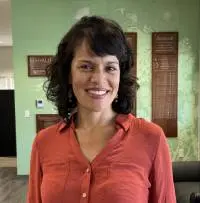
CEO
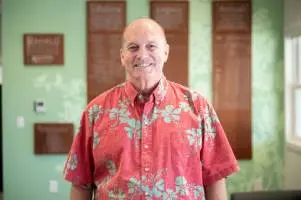
COO
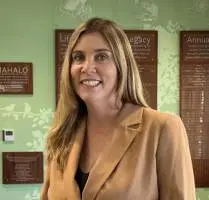
Chief Clinical Officer

Chief Development Officer
Accreditations

The Commission on Accreditation of Rehabilitation Facilities (CARF) is a non-profit organization that specifically accredits rehab organizations. Founded in 1966, CARF's, mission is to help service providers like rehab facilities maintain high standards of care.
CARF Accreditation: Yes
Contact Information
1787 Wili Pa
Loop #7
Wailuku, HI 96793





